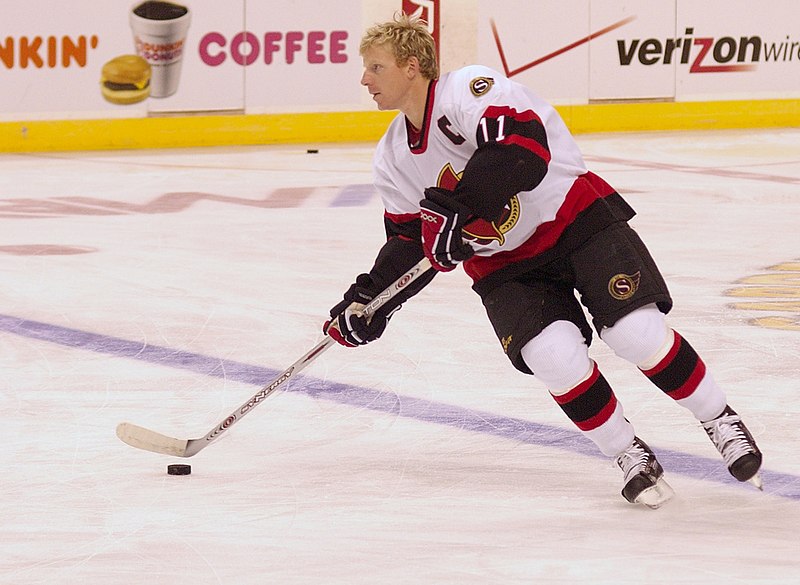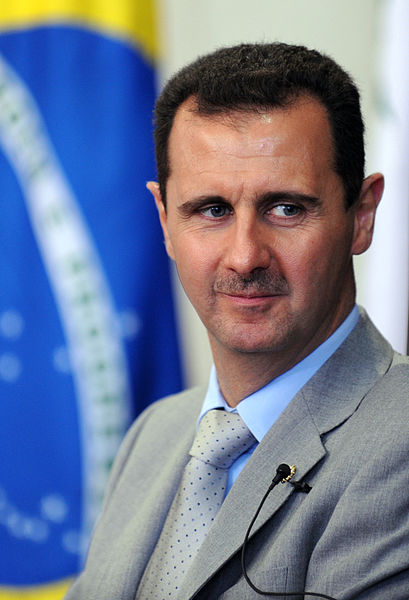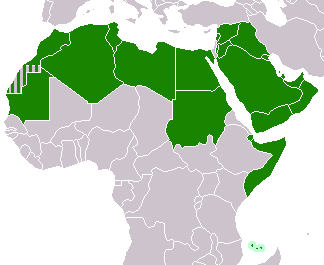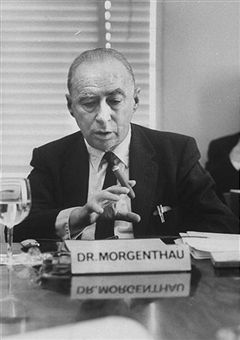 |
| The Prince of Wales Trophy |
And, after a disappointing game 3 loss, an angry Milbury said of this relentlessly upbeat and positive guy, "The 'Professor of Hockey', as Bob Johnson is often called, is also a professor of goonism."
 |
| Image from HansonBrothers.net |
There is some irony here that Milbury is too clueless to see, of course...
during Milbury's career as a player he was a leader in penalty minutes, and was once suspended for 6 games for beating a fan with his own shoe. No kidding.
Anyway, the Penguins went on to beat the Bruins that year, and win the Stanley Cup. You can't say Milbury was scarred by the experience, because he remains the same stupid thug he was as a player. But he DOES continue to hate everything about the Pittsburgh Penguins.
And I hate the Boston Bruins, with every quivering atom of my body. Assholes. Let's do this! (Regular season stats, from ESPN)
Pens Goals per game: 3.38 (1st)
Boston Goals Against per game: 2.21 (3rd)
Boston GF/G: 2.65 (13th)
Pittsburgh GA/G 2.48 (12th)
Advantage: Pittsburgh, marginally. If Boston can force turnovers in the neutral zone, in the way the Islanders did and the Senators didn't, they can score on us. If the Pens passing remains as unearthly accurate as it was against Ottawa, Boston won't get scored on, they'll get absolutely shellacked.
Pens Power Play: 24.7% (2nd)
Boston Penalty Kill: 87.1% (4th)
Boston PP: 14.8% (26th)
Pens PK: 79.6% (25th)
Advantage: Pittsburgh, marginally. The Penguins power play can give even the best penalty killers in the League trouble, but Boston IS one of the best penalty killers in the League. Similarly, our weak penalty killing should be a match for their underachieving power play. Except...
the Pens power play shredded the regular season best penalty kill in the League when we beat Ottawa. I've mentioned before that I use regular season stats in preference to playoff stats until the Cup finals. But if the Pens power play keeps going the way it has been, Boston is in a lot of trouble. They really need to stay out of the Penalty Box, and that's a hard thing to do during the playoffs without getting pushed around.
Vokoun Save Percentage: 91.9% (15th)
Rask Save Percentage: 92.9% (3rd)
Advantage: Boston. Rask is perfectly capable of stealing games. He's phenomenal. Vokoun had had an excellent post-season, but he's objectively a back-up, not a starter. At some point, he will revert. It might be during this series. On the other hand, Rask was not as good as the Senator's Craig Anderson this season, and the Pens drove him from the net in 2 games.
Ultimately, the Pens can break any goaltender in the League if they can get enough shots on him. Preventing that is going to be difficult, particularly given that m Chara is a year older. His +/- fell from 33 the last 2 years to 14 this year. Forwards like Bergeron & Marchand & Seguin will help, but Andrew Ference is imminently beatable, and I expect Lucic will be a genuine problem for Boston as he accumulates penalty minutes.
Pens in 6.



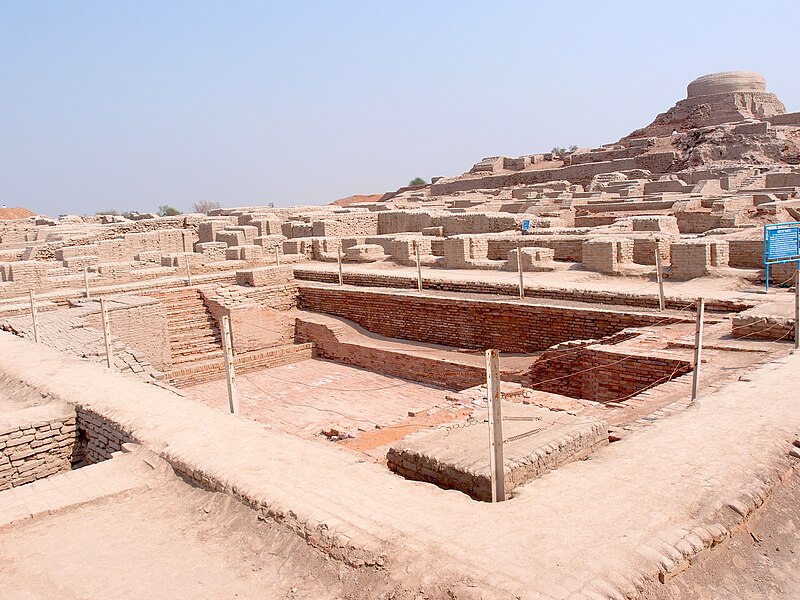







.jpg/800px-20110710_Kinderboerderij_Drongen_(0003).jpg)
